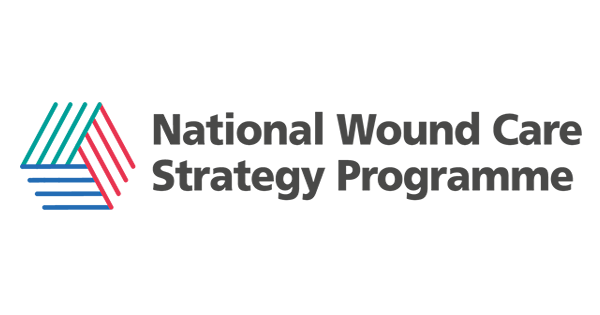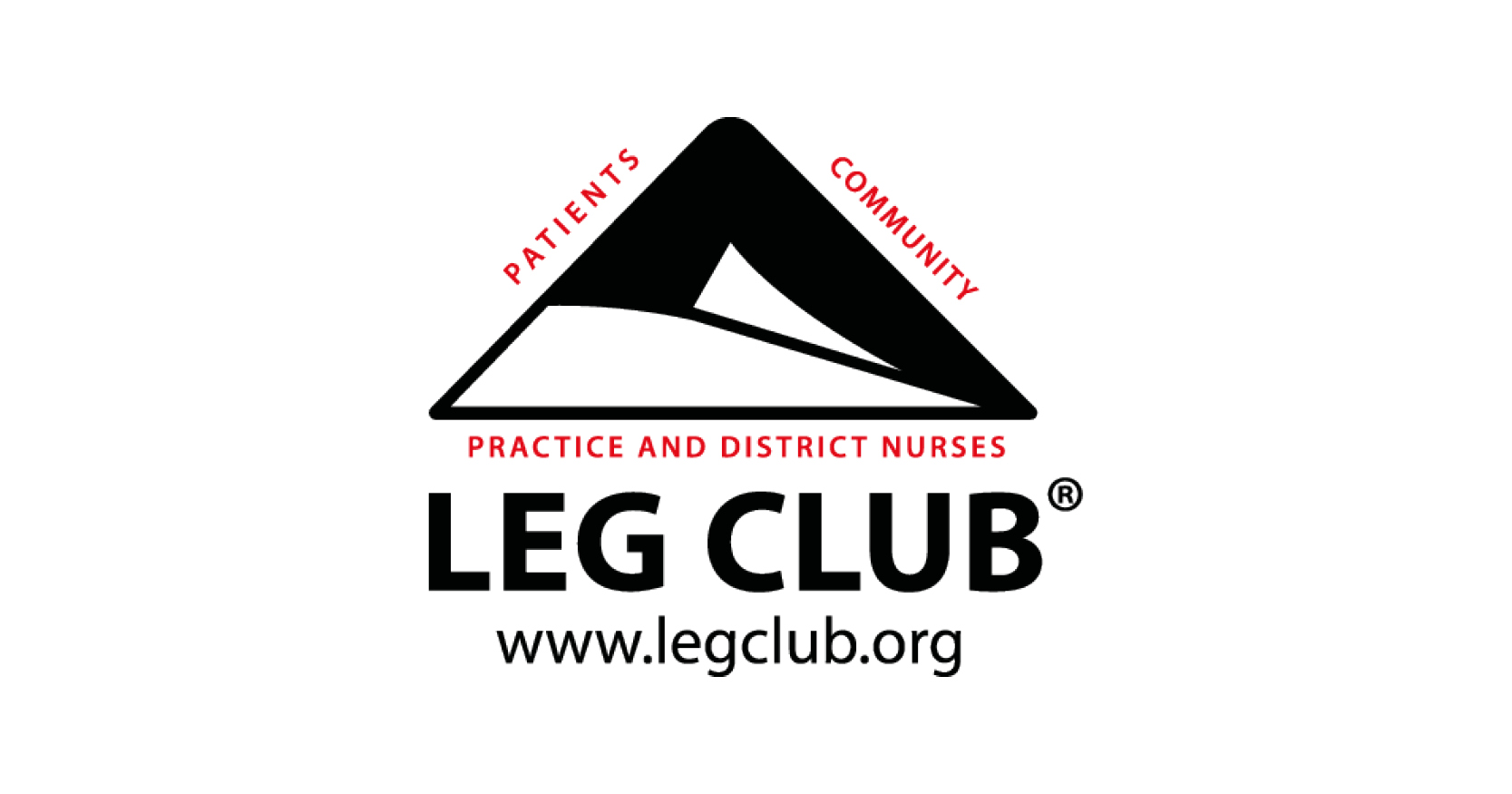Ultimately, our vision is for the delivery of population-wide care via dedicated lower limb services that span ambulatory, homebound and inpatient populations. But Rome was not built in a day. Change takes time. Particularly very complex, large-scale change. Implementing national recommendations into practice is a challenge that is affected by many things. Local context, historical funding and commissioning arrangements, practitioner experience and stakeholder preferences, values, and level of ‘buy in’ often influence the decisions made in the local context. They also influence the stages of implementation or the pace at which change can occur.
If something is complex, we shouldn’t pretend that it isn’t. Instead, it’s important to acknowledge it and see it as an opportunity to experiment, probe, adapt and ‘learn as you go’! The FImpS have very much risen to that challenge in working alongside us. They were not given a textbook on how to successfully implement the recommendations. Instead, they were simply passionate about improving care and ready to ‘give it a go‘, in order to help draw some conclusions and make it easier for other providers later down the line. Each had a different start position. Each had their own local situation, existing services, pathways, and circumstances to consider. So, it is no surprise that each has approached implementing the lower limb recommendations a little differently, and that has very much been the beauty of it.
Some of the approaches the FImpS have taken to various aspects of their projects can now be found in published case studies (NWCSP, 2023). The work of the FImpS has highlighted that there will be, and should be, some local variation and flexibility in how the recommendations are delivered. But too much of it can lead to continued unwarranted variation. Of course, that leads to poor patient outcomes, poor use of healthcare resources and a negative impact on both the patient and practitioner experience. The challenge, therefore, becomes defining what the acceptable amount of flexibility is, and what should be ‘set in stone’.
By working closely with the FImpS it has been possible to challenge, probe with curiosity and seek to understand the reasons for the various approaches they have taken. It is with that understanding that we can offer advice and support or, where necessary, revise our strategy, so that the changes we aspire to achieve are more achievable and sustainable. Seeking sustainable improvements in lower limb care cannot be achieved in isolation at a local level. It cannot be improved purely by work of the national team. There is a need for us to work together.
So, what now? Learning to date from the FImpS has been used to further enhance our resources, including the Lower Limb Recommendations, which were first published in 2020 (NWCSP, 2020a). These have now been separated into recommendations for leg ulcer care and foot ulcer care, which together will form a suite of lower limb wound recommendations. The National Wound Care Core Capabilities Framework for England (NWCSP and Skills for Health, 2021) is also being revised based on feedback received to date. More recently, work has begun to synthesise our learning into ‘Best Practice Bundles’ for the leg and foot. The bundles, in a similar style to the Saving Babies Lives Care Bundle (NHS England. 2019), aim to provide detailed information for providers and commissioners on the system changes required to successfully implement the clinical recommendations and avoid unwarranted variation. They will bring together the key elements of best practice with indicators for measuring improvement and supporting implementation advice and resources. Therefore, the Best Practice Bundles will be a key in supporting and measuring change.
We still have until the end of the year working alongside our three remaining FImpS and so, there is still a lot of learning to be had. We are looking forward to the final evaluation of the FImpS programme, which will be conducted in early 2024. Adding to this pool of learning, is the Academic Health Science Network, who are providing implementation and change management support to some additional Test and Evaluation Sites in implementing the recommendations. This will enable us to refine our approach and supporting resources to ensure most impact.






